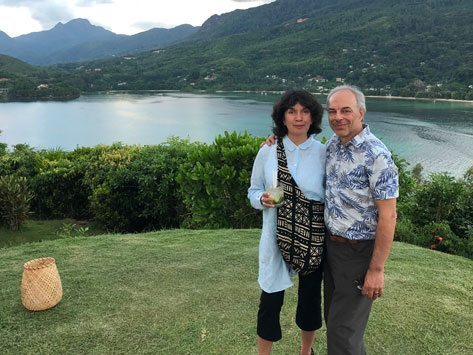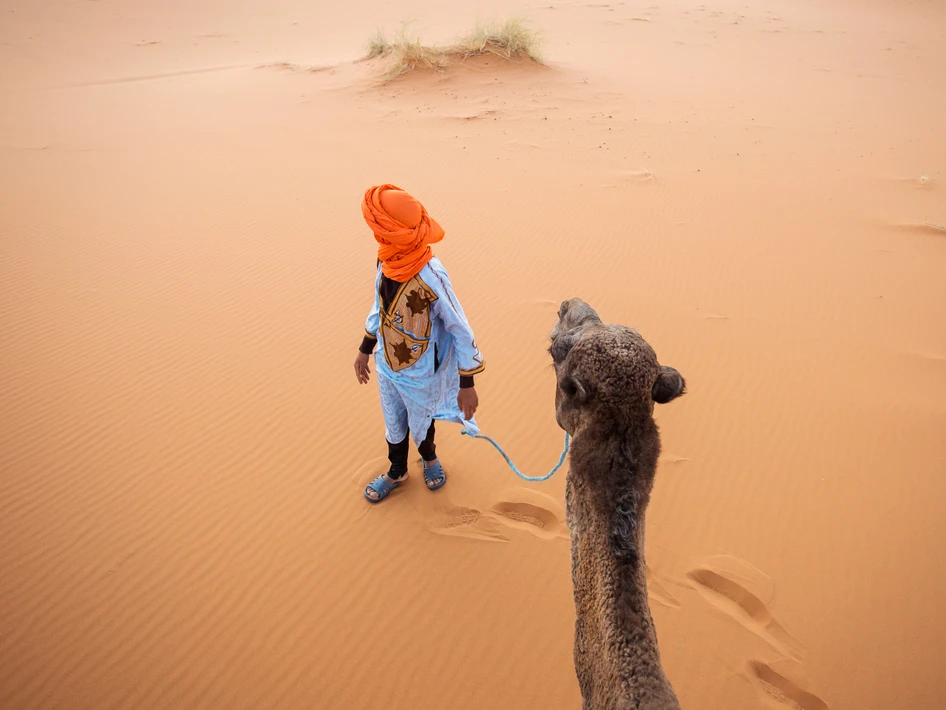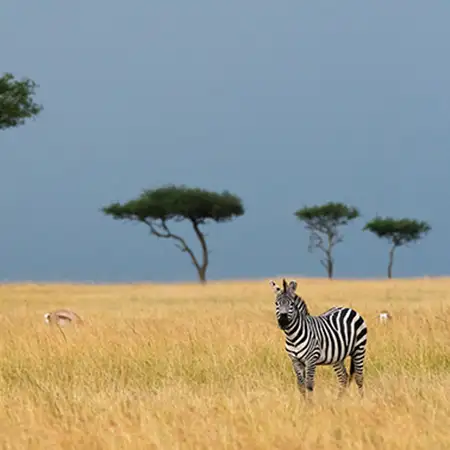A Conversation with Bushtracks’ David Tett
David Tett is a sixth-generation African born and raised in Harare, Zimbabwe (previously Salisbury, Rhodesia). He can trace his African heritage to his great-great-great-grandfather, Joseph Hamilton Barry, who was sent to Africa in the early 1800s to acquire wine for Barry & Wilkinson, a relative’s London wine house.

“He was a youngster, and they sent him to buy wine in Africa. Of course, he went to Cape Town in South Africa, the African wine region, and never returned. Cape Town is beautiful, and the sunshine and beaches were way too good to leave!” Tett laughs as he shares this family story.
Barry arrived with nothing and began building his future by opening a general store in Cape Town. After a three-week wagon trip to deliver supplies to drought-stricken farmers and indigenous herders over the Hottentot-Hollands mountains in Overberg (which means over the mountain), he saw an opportunity. He promptly bought a steamer called the Katie and began a transport service delivering supplies on the outbound trip and picking up the farmers’ produce to haul back to the Cape Town port and supply the ships. Ultimately, his industry and engaging personality made him one of the area’s wealthiest men. He built several businesses, including a gunpowder factory, food and wine stores, the Barry Bank—which issued its own Barry banknotes—and at one point, he became the mayor.

David was born and raised in Zimbabwe’s capital, Harare (previously Salisbury, Rhodesia). His grandfather, Michael Hamilton Barry, a Rhodes Scholar and Oxford law graduate, moved to Zimbabwe from the Cape in South Africa and became a founding partner of the law firm Webb, Louw, and Barry.
Barry’s daughter Jennifer met and married David’s father, Michael Tett, who had grown up with his aunt and uncle in South Africa after being sent from war-time London for his safety. Jennifer and Michael would often load their four sons into an old Land Rover and haul a trailer stuffed with tents and camping gear into the bush for weeks at a time. The boys’ father would shoulder his old British 303 rifle and lead them on hikes through savannas teeming with wildlife. Their Barry grandfather loved the outdoors and would take the boys on safari adventures during the school holidays. It was perhaps inevitable that these adventures became David’s life’s work.
But first, he studied microbiology at the University of Cape Town and worked in Zimbabwe for a year in the Virology Department. That was in the 1980s, not long after Zimbabwe gained independence from the British and began the Africanization process, which made it hard for David to land a job. So, he followed his older brother Nick to London to work in investment banking. When he arrived, he began sending his resume around. Then came London’s Black Friday stock market crash.

The economic disaster left him dangling without work, but the setback led to the creation of the Tett brothers’ safari business and David’s career leading travelers through Africa’s bush. He tells the story of how they began in London in 1989.
“We were lucky because the need arose naturally. Knowing that my brother and I were Zimbabweans, our English friends would ask us where to go in Africa, which guides they should use, and where to find the wildlife. So, we thought that, instead of giving free advice, maybe we could create a business model to meet that need. Then we had to work hard to learn the ropes!”
Soon after, David moved to the US and established his safari business in Menlo Park. After seven years, he relocated his home and business to Healdsburg, buying a home in the hills of Dry Creek Valley, where his son, Porter, and daughter, Alex, grew up.

It may seem incongruous to have a world-class safari planning operation in wine country. People do not expect that combination, but it makes perfect sense considering how many people in Healdsburg love to travel, often to exotic locales.
It also makes sense economically for their large and diverse team of Africans who maintain the safari camps in Botswana, Zimbabwe, and other areas of African bush country. These are microbusinesses that rely on travelers to support a sizable number of Africans, their local clinics and schools, and the wildlife itself.
“Safaris are the best way to fund people in the wildlife areas and help protect the wildlife,” he explains. “Conservation is a very complex discussion, but the economics are simple. If you don’t have the safari business supporting a strong micro-economy that supplies jobs in these wildlife savannahs of Eastern and Southern Africa, then the people will eat the animals for protein, inhabit the land, and farm cattle. Once the land is inhabited, you won’t be able to turn it back to the wildlife. A safari is a glamorous travel option but has a strong purpose.”
By Laurie Wachter, Healdsburg Living






